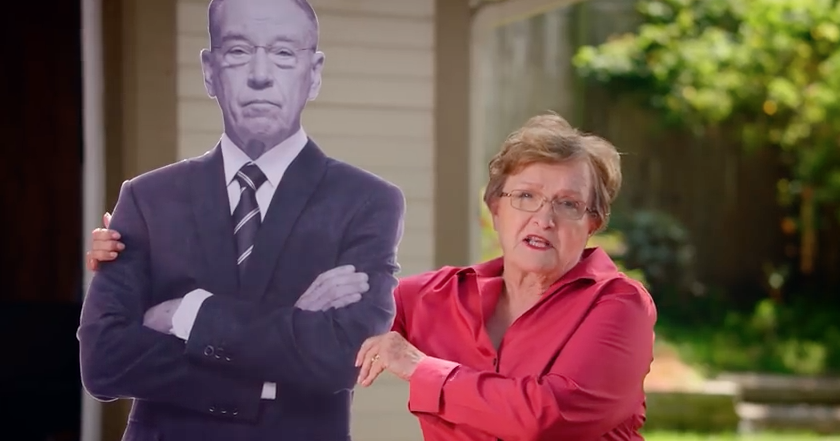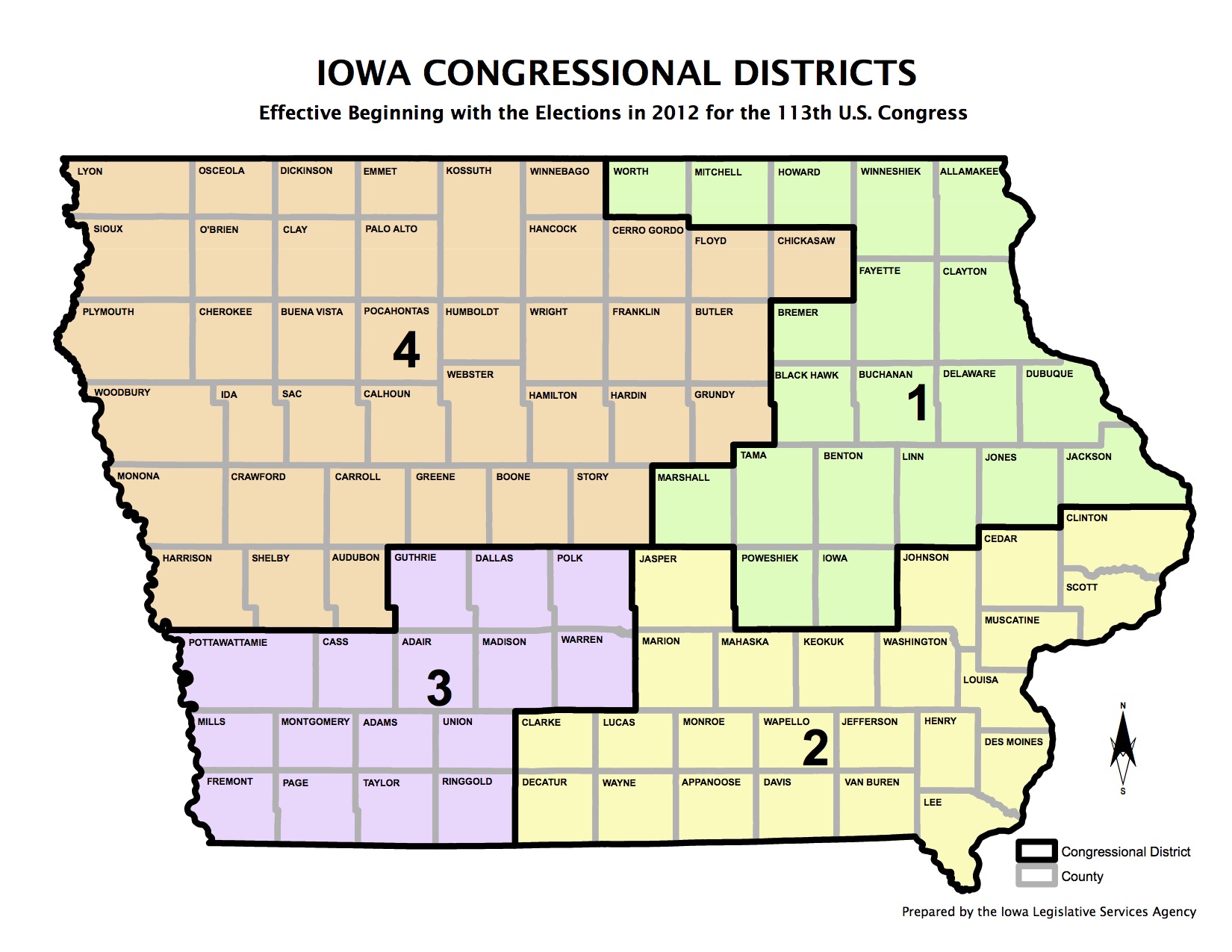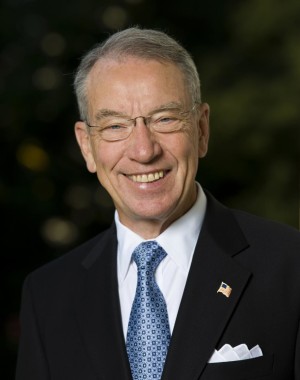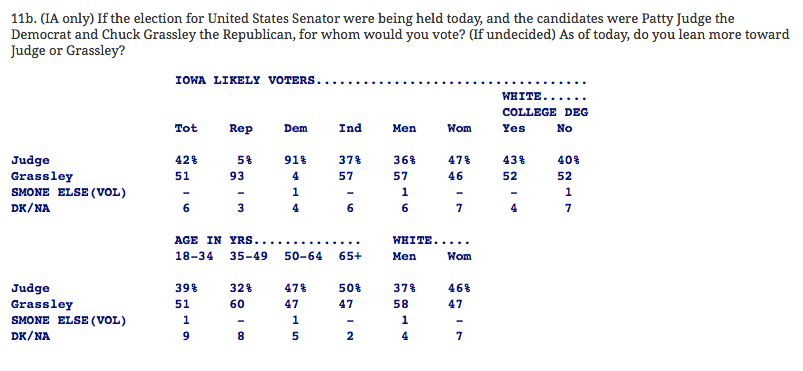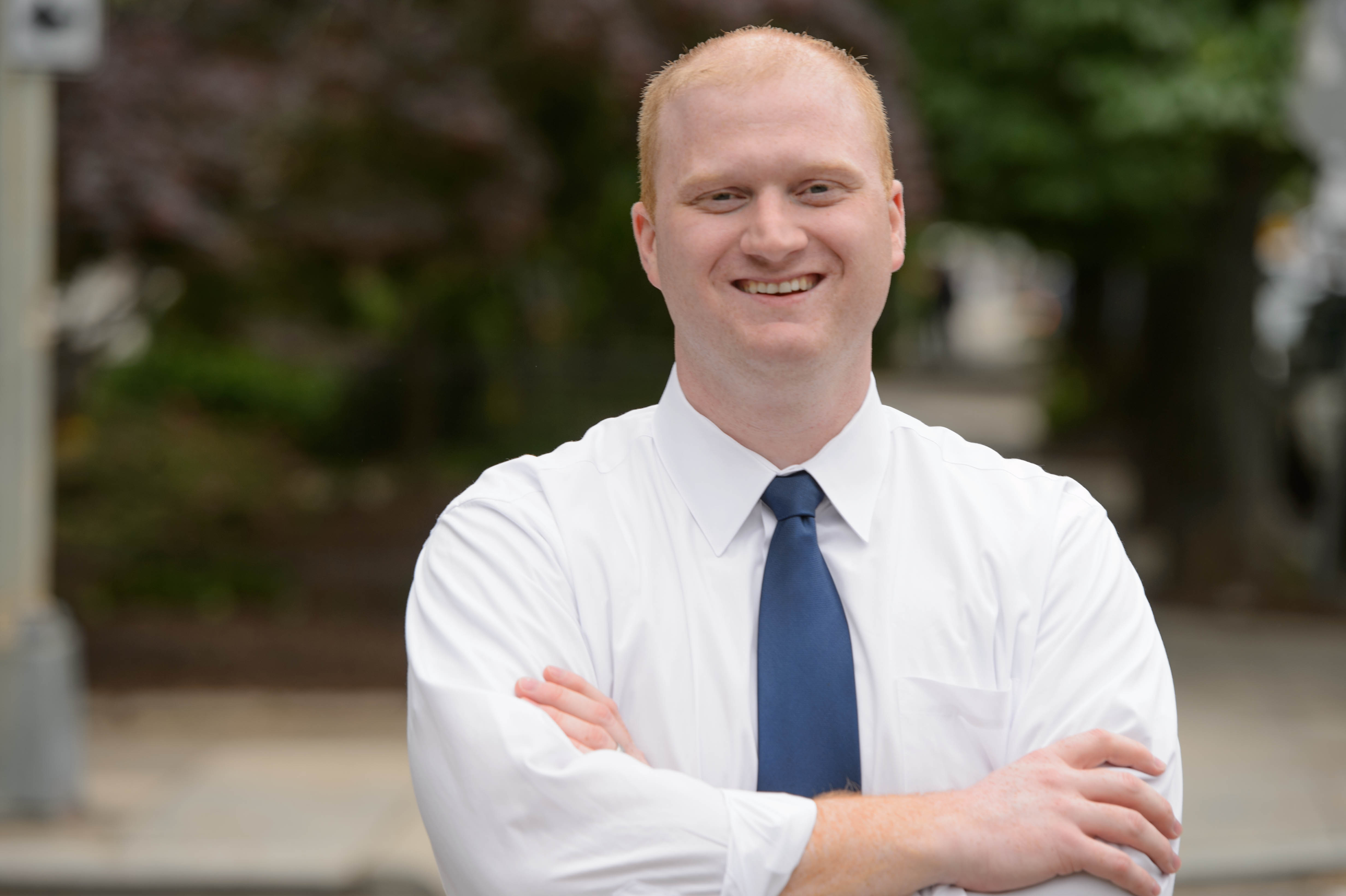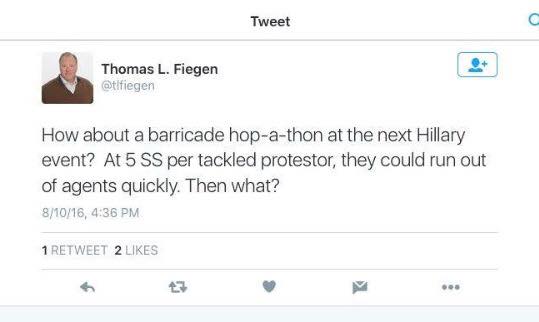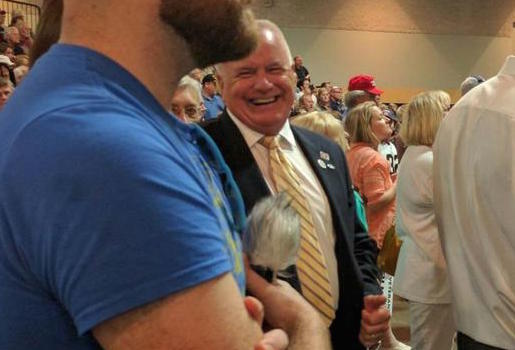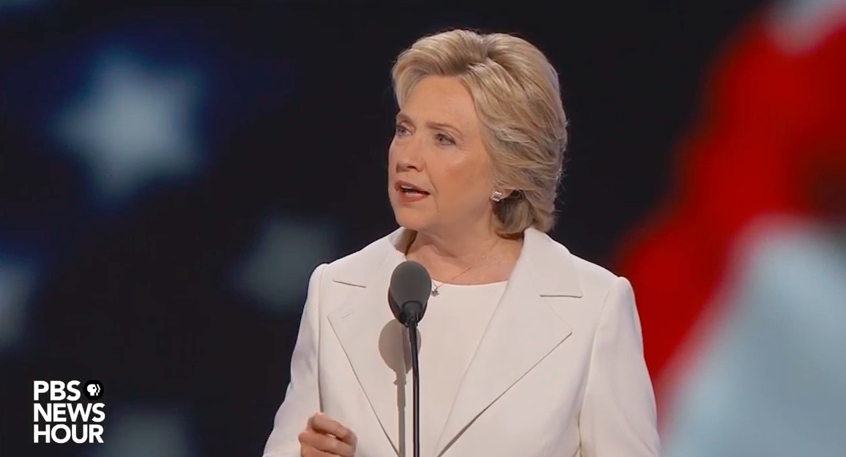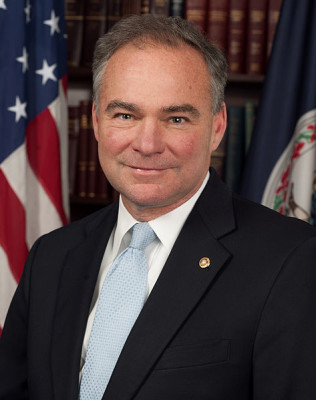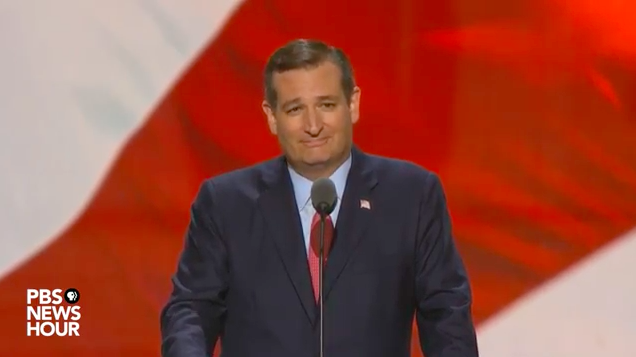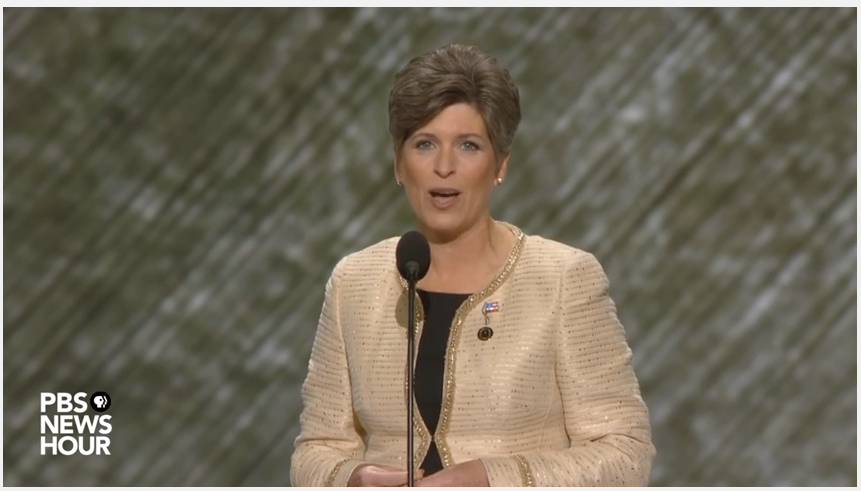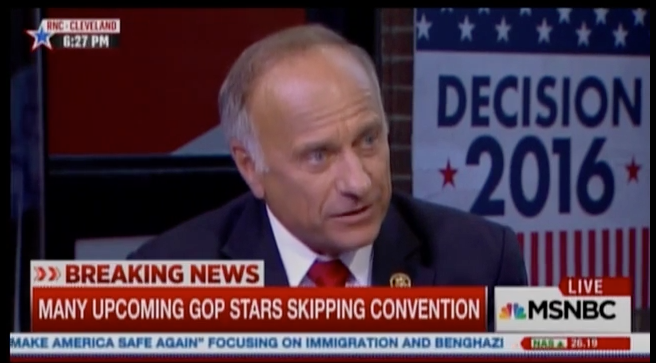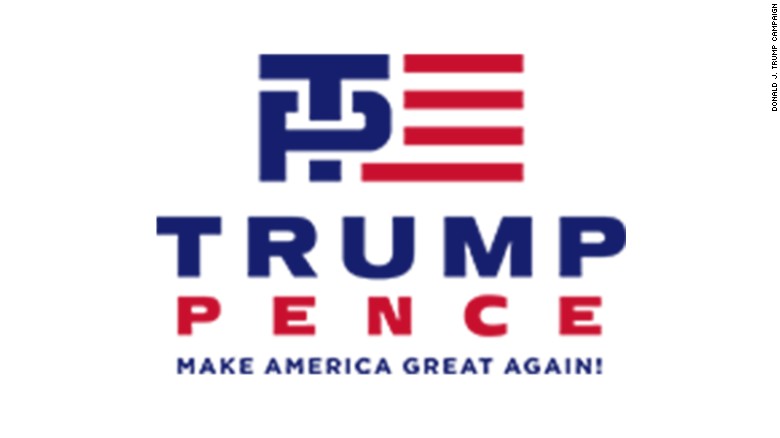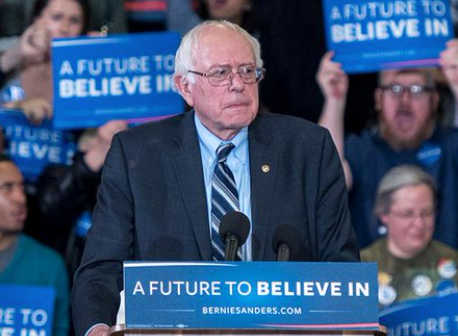This post’s title came from the unintentionally humorous Bloomberg News analysis by Jennifer Jacobs and Kevin Cirilli: “America Meets Trump’s Secret Weapon: Ivanka.” The nut graph declared, “Ivanka […] might be her father’s single strongest asset for changing his perception among women, one of Trump’s weakest demographic groups, strategists and campaign insiders said.” Support came primarily from Ivanka’s brothers Donald Jr. (“She’s an impressive woman”) and Eric (“I think she brings in independents. I think she brings in Democrats quite frankly”). Unnamed strategists described Ivanka as “a character witness” who can be a “bridge between her father and women,” thanks to her “refined and feminine, but unmistakably Trump” brand. Lacking data to bolster that assertion, Jacobs and Cirilli wrote, “Even Trump’s opponents agreed that Ivanka, a balm to her dad’s shock-jock tactics, is a strong weapon for Trump.” The only detractor quoted was the former leader of a stop Trump super-PAC, who called Ivanka “smart, poised, graceful and dignified.” No question, she is. So was Ann Romney. The 2012 presidential election still had the largest gender gap ever recorded.
Jacobs and Cirilli rightly noted that unlike Democrats, Donald Trump “hasn’t called for” making quality child care more affordable, a goal Ivanka flagged in her convention speech. They could have added, nor has the GOP nominee endorsed “equal pay for equal work,” for which Ivanka promised her father would fight. Hillary Clinton has been emphasizing those and related issues like paid family leave in almost every campaign appearance for more than a year. I doubt she or her strategists are losing sleep over Trump’s “secret weapon.”
If any campaign analysis could make you lie awake in terror, it would be Josh Marshall’s July 23 post at Talking Points Memo about Trump’s entanglements with Russian President Vladimir Putin. I’ve enclosed excerpts below, but you should click through to read the whole piece.
I knew Trump had occasionally praised Putin, and vice versa. I’d seen a small army of Russian trolls stir things up for Trump on Twitter last year. I knew Trump was getting favorable spin from the Kremlin-backed English-language television network and from Russian-language websites with ties to the authorities. I had read that Trump campaign operatives “gutted” GOP platform language related to Russian interference in eastern Ukraine. On Thursday, I saw Trump’s startling interview with the New York Times, in which he signaled he might not honor our country’s obligations to NATO allies attacked by Russia, if those countries had not “fulfilled their obligations to us.”
Though I was vaguely aware Trump had some business dealings in Russia, I didn’t appreciate until reading Marshall’s post that “Trump’s financial empire is heavily leveraged and has a deep reliance on capital infusions from oligarchs and other sources of wealth aligned with Putin.” Marshall observed, “if Vladimir Putin were simply the CEO of a major American corporation and there was this much money flowing in Trump’s direction, combined with this much solicitousness of Putin’s policy agenda, it would set off alarm bells galore.”
Having seen how Putin uses financial leverage to bring people in line, I’m ready to skip the alarm bell ringing and raise the threat level to orange.
I spent a decade covering Russian politics, including the election cycle when Putin rose to power and the early years of his presidency. My main research focus was Putin’s wide-ranging campaign to reassert state power over the Russian media.
Putin had a lot of weapons in the toolkit, such as physically restricting journalists’ access to some stories; enacting new laws on media coverage of terrorist conflicts; using government authority to issue or deny broadcast licenses; refusing to air political advertising created for an opposition figure; and launching criminal investigations or civil lawsuits against journalists, editors, and owners.
One of the most potent methods for taming the Russian media was getting entities in the Kremlin’s sphere of influence to turn the financial screws on Putin’s critics.
Putin has been using state-controlled corporations to go after disobedient news organizations or their key investors since his earliest months on the national scene, indeed before his election as president in March 2000. The first blood drawn in Putin’s effort to neuter Russia’s leading private television network NTV came in February 2000, when the gas monopoly Gazprom abruptly demanded repayment of a $211 million loan to the network’s parent company.
After various forms of legal and monetary pressure wrested NTV away from a troublesome oligarch, several prominent journalists and managers landed jobs at a different tv network with a smaller broadcast area. But before long, a pension fund linked to a state-controlled oil company used its position as a minority shareholder to force that network into liquidation. The move made no economic sense. The pension fund refused buyout offers and eliminated any prospect of recouping its investment by pursuing a legal strategy to take the network off the air. The band of NTV refugees found jobs at a third television company, this time partnering with someone “who [had] direct access to the president.” Financial problems finished off that network in a little more than a year. Its major investors included an oligarch with close ties to Putin, but he didn’t lift a finger to cover the company’s debts as the broadcast license hung in the balance.
Putin has altered many aspects of his country’s political life. Those still working in the Russian field could speak about how he expanded his power over other sectors. My window onto Putin’s leadership style leaves no doubt in my mind: it’s not just plausible but probable that if Trump companies were deeply indebted to Russian business interests, the Kremlin would try to use those relationships to its advantage.
As if Trump’s comically narcissistic temperament, dishonesty, short attention span, use of divisive language and race-baiting, and lack of constructive ideas weren’t enough to disqualify him from serving as president.
Continue Reading...

